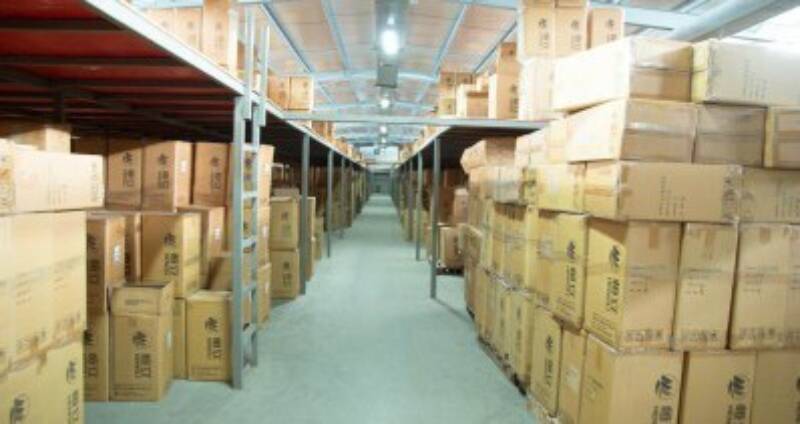
The Consumer Protection Act 1987 requires suppliers to trade safely. The General Product Safety Regulations 2005 require all new and second hand goods to meet a general standard of safety. The Government can introduce safety standards for consumer goods.
Examples of goods covered by safety regulations include Electrical equipment, Furniture, Toys, Cosmetic products, Products used in building and Fireworks.
Suppliers are legally required to supply safe products which comply with relevant legislation. Customers must be provided with information they need to consider the risks to your product and what precautions they should take. You must inform the Environmental Health Department when you become aware of any products which are unsafe.
A product is safe if it presents no (or negligible) risk to customers if they use the product in a normal way. To make sure the products you supply are safe, you should have systems in place to check that your products:
- Comply with the law
- Have instructions for their safe assembly and use
- Have adequate markings and warnings
- Are undamaged
- Are tested to ensure they meet all safety standards that apply
- Have accessible records of any testing
- Can be recalled if they are found to be dangerous
- Are sold in line with any age restrictions that apply
Consumer Protection legislation recognises genuine efforts made by suppliers to comply with the law - known as due diligence. This involves taking all reasonable precautions or steps to avoid committing an offence such as:
- Setting up a system to make sure you comply with the law
- Making sure the system is used correctly
- Reviewing and changing the system and change it to deal with failures
These reasonable precautions are known as ‘due diligence’. Only the courts can interpret what is considered reasonable but you need to:
- Be aware of legislation relevant to you and your business
- Draw up written procedures for your business activities e.g. draw up specifications for:
- Material and parts your business will use
- Staff training and experience
- Suitable premises and equipment
- Testing some product samples and
- Packaging and labelling - Include procedures for correcting anything that is wrong.
- Ensure procedures are appropriate for your business i.e. manufacturers will require more thorough systems and checks than small shops.
- Keep records of checks
- Review procedures regularly and amend if necessary.
- Carry out your own checks whenever possible.
- Take action if required – doing nothing is not a defence.
Contact Us
If you would like further information, please contact us at Ballymoney Office, Riada House, 14 Charles Street, Ballymoney BT53 6DZ or Limavady Office, 7 Connell Street, Limavady, BT49 0HA